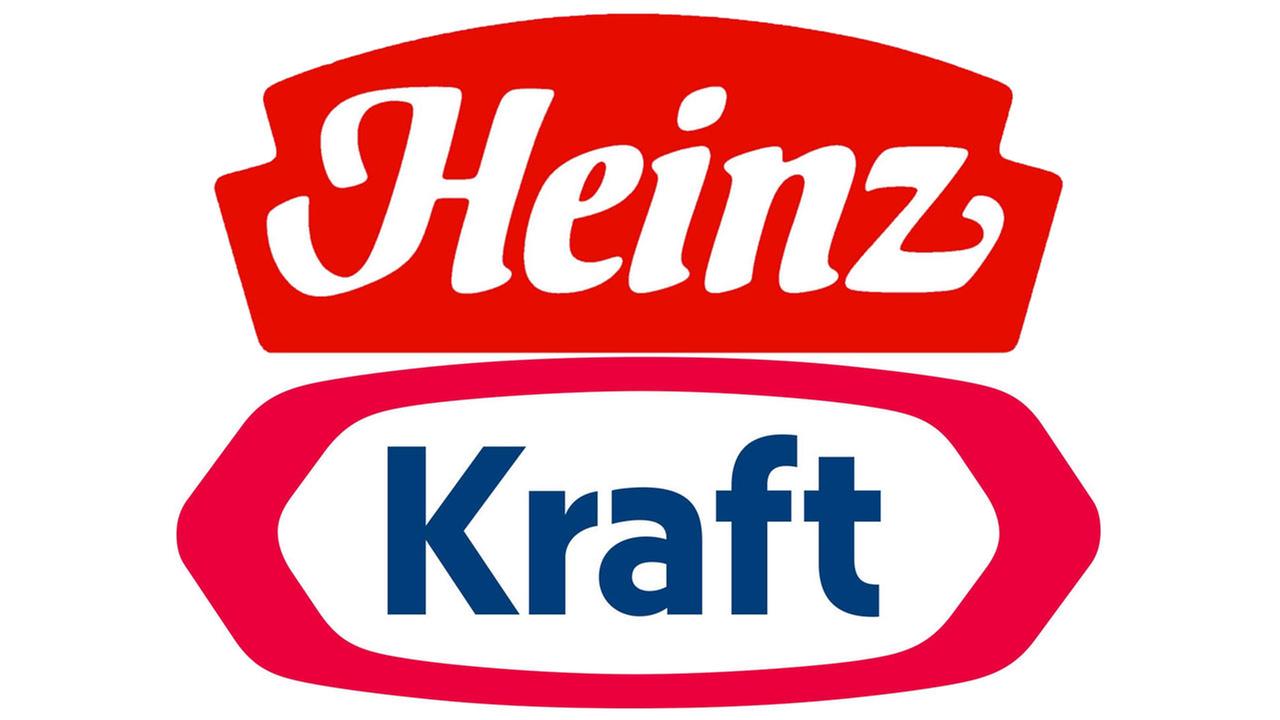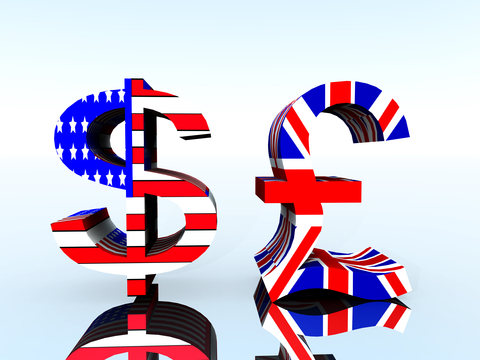Just days after Kraft Heinz announced a potential offer for UK Dutch giant Unilever the company has withdrawn from the situation. Even though the initial approach was rejected by Unilever, Kraft Heinz had been extremely vocal in the marketplace suggesting talks would happen sooner rather than later and the company was “still confident”. There is no doubt that the two companies would have been a good match although whether conditions attached to any such deal, by competition commissions around the world, would have made it untenable is debatable. So, why did Kraft Heinz abandon its Unilever offer so quickly?
Resistance from Unilever
Some shareholders will point a finger towards Unilever’s management and its apparent refusal to talk to Kraft Heinz. The reality is that this is always the initial announcement from a target company until it can put together a credible plan to maximise shareholder value. The very fact that Unilever and Kraft Heinz issued a joint statement on Sunday evening, announcing the end of any potential offer period, indicates the companies have spoken to a certain extent. Continue reading “Kraft Heinz abandons Unilever offer”










